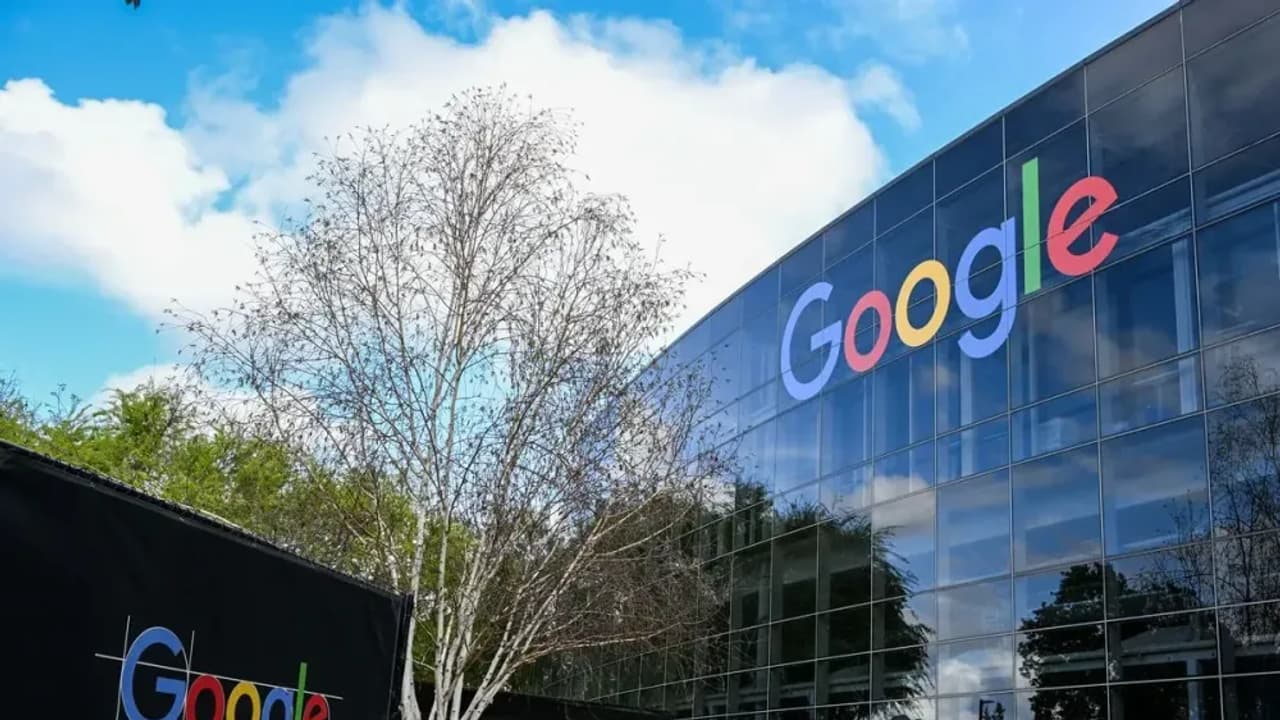The DOJ, joined by a coalition of state attorneys general, is seeking structural remedies, including a forced divestiture of Google’s Chrome browser, to restore competition.
Alphabet’s Google (GOOG) (GOOGL) faced opening arguments from the U.S. Department of Justice (DOJ) in the landmark antitrust trial, with prosecutors calling for strong measures to prevent Google from using artificial intelligence (AI) to strengthen its dominance in online search.

According to a report by Reuters, Justice Department attorney David Dahlquist stated that the court must impose “forward-looking” restrictions to prevent Google from utilizing its AI products to maintain or extend its control over the search market.
“The time to tell Google and all other monopolists who are out there listening… that there are consequences when you break the antitrust laws,” Dahlquist said in his opening arguments.
The DOJ, joined by a coalition of state attorneys general, is seeking structural remedies, including a forced divestiture of Google’s Chrome browser, to restore competition.
The government argued that without court intervention, Google’s integration of generative AI tools, such as those competing with ChatGPT, could further cement its dominance.
However, Google’s lead attorney John Schmidtlein pushed back, warning that the U.S. government’s proposed remedies would force the company to share the data underpinning its search results, which would in turn jeopardize user privacy and unfairly penalize Google, according to a Bloomberg report.
Instead, he argued that any remedy should focus on the preferential contracts with device makers that were central to the DOJ’s case and could “pry open the market” without disrupting the core technology.
Meanwhile, on Monday, India’s Competition Commission approved a controversial settlement with Google in a separate antitrust case involving the Android TV market.
That case centered on claims that Google imposed restrictive terms on television manufacturers in exchange for access to its Android TV operating system, similar to the bundling practices Schmidtlein defended in the U.S.
Though the settlement was approved by majority vote, Commissioner Anil Agrawal issued a formal dissent, calling the deal “devoid of merit” and arguing it failed to address Google’s alleged abuse of its dominant position.
Judge Amit Mehta held a similar opinion and challenged Schmidtlein’s framing, asking whether Google's data advantage is a consequence of its monopoly. “There is some relationship between data and search quality,” Mehta said. “How then does the market look any different unless there’s a remedy that addresses the gap in data?”
Schmidtlein countered that the DOJ has not demonstrated how much of Google’s data lead came from unlawful behavior as opposed to its effectiveness as a search engine. “Google won its place in the market fair and square,” he said.
Mehta, who last August ruled that Google holds an illegal monopoly in internet search, will now consider three weeks of testimony before issuing a final decision, likely by August.
Witnesses from OpenAI and Perplexity AI are expected to testify on how Google's market power has impacted emerging players. The government maintains that search and AI are converging, making intervention urgent.
The trial follows a separate DOJ victory last week, in which a federal judge in Virginia ruled that Google maintained an illegal monopoly in advertising technology.
Google parent Alphabet’s stock is down 22% in 2025 and has fallen 4.5% over the past 12 months.
For updates and corrections, email newsroom[at]stocktwits[dot]com.<
Read also: Apple Not ‘Out of the Woods Yet’ Says Analyst Who Warns Of Rising Costs From Trump’s Trade War
